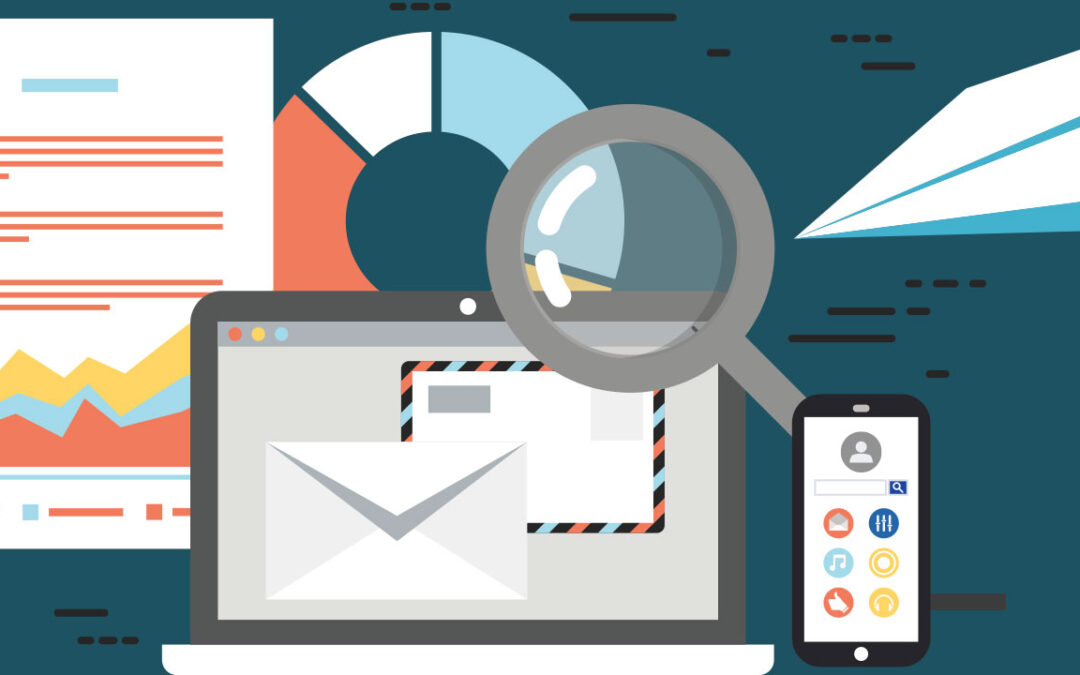For most people, their first thought of becoming an entrepreneur means having a business idea, then creating a business plan designed to realize that dream. This is the traditional path most people follow when considering starting a business.
Others take a different approach and focus on investing in—or buying an existing, mature business, as this this offer a ‘short cut’ to getting started.
Both directions are completely acceptable methods for starting (or growing) a business, but there are definite differences when it comes to the pros- and cons of each path.
Starting your own business
Building something entirely new can be exciting and very rewarding, if the idea and plan are solid and can lead to success and profitability. But starting from scratch is definitely more work and comes with so many other things to consider as well as unexpected challenges. Here are some things to consider:
PROs
It’s your idea
Most often, people who start businesses from scratch are creating something they’ve been considering for a long time—potentially even years. This can be an idea for a new product or service, or even an improvement on an existing product that’s never been seen in the market before. Whatever the case, building something entirely new has a certain pride-of-ownership because it’s YOUR idea that no one has ever thought of.
It’s your rules
Charting an untraveled course means you get to set all the rules and make all the decisions. This can be a little easier for some entrepreneurs who’ve given considerable thought to their idea and have spent years planning for it. But not having to follow some else’s playbook can feel very rewarding.
It’s your passion
Many businesses are started from a personal passion, or something that an entrepreneur has had a longtime interest. Some of the most successful businesses today began with very humble ‘garage’ beginnings, often by one or more friends who shared common interests and decided to turn those passions into viable business concepts.
CONs
It’s a long, difficult journey
Deciding to build something new can be fraught with unexpected challenges, delays, expenses and countless other hurdles that can quickly sour a passion-inspired idea. Tasks expected to take weeks or months can turn into years, each day eating away at the enthusiasm that originally inspired your idea. This can be very frustrating for entrepreneurs who have never tried to start a business and haven’t planned for inevitable delays. Just remember that everything can possible take 2-3 times longer than originally thought. That’s the journey.
Having a blank sheet can be crippling
It’s a great opportunity to be able to chart your own course and make all your own rules, but few consider what a difficult task that can really be. Creating a comprehensive business plan means also developing operational methods, business processes, policies and management structures to not only launch your idea, but also plan for growth.
Blinded by passion
Success is never guaranteed and the reality is, many business ideas fail or never even reach the point of launch. One of the challenges of starting a business based on your personal passion is an unwillingness to know when it’s time to move on. Emotion can play a big role in entrepreneurs refusing to give up on their dream, especially if they have no prior experience in starting a business.
More experienced entrepreneurs learn that there’s a time to move on and try something new. They don’t view ‘failure’ as a defeat, but rather a leaning experience that helps them focus on other ideas and learn ways to refine and improve their ideas.
Buying an existing business
Buying an existing business can take a couple of approaches; first, buying an established business that creates a product or provides a service, or buying a franchise which I’ve already covered in this post: Is A Franchise Right For You?
There are many reasons why businesses are sold; the owner may have decided to retire, the owner may have passed away and the estate decided to sell the business, changes in financial conditions may have caused the owner to look for an exit strategy, or any other combination of events could force the owner or leadership to look for a buyer.
If you’re an entrepreneur looking for opportunities to buy or acquire an existing business, here are some things to consider:
PROs
It’s already working
Depending on the situation and current motivations of the existing owner, many businesses sold are already working and turning a profit. You don’t always have to assume a business is in financial stress in order to be listed for sale. In fact, many businesses that change hands are already successful and the owner’s motivations for selling have nothing to do with trying to escape a sinking ship. This gives a new owner the ability to step into their shoes and continue to build on an already successful track record.
Change is up to you
Stepping into the leadership of an existing business means you don’t need to ‘reinvent the wheel’ or create new processes or procedures from scratch. All operational models, sales processes, supply chains will be in place, so your plan can focus on building on the businesses current successes. Any changes to the operational model are up to you, or you have the option to simply focus on growth.
Existing customer base
Probably one of the greatest benefits to buying an existing and successful business, would be access to existing customers. Depending on the business, having a loyal (and potentially) recurring customer base is a huge head start for any entrepreneur buying a business for the purposes of growing or expanding.
CONs
Internal relations
Often, in well-run businesses, the original owner or founder enjoys a great deal of employee loyalty, and may have associates who’ve been with the organization from the beginning. Becoming the new owner doesn’t guarantee transfer of any of that good faith, and typically, new owners are viewed with a great deal of skepticism requiring them to work very hard to build trust.
Inaccurate valuations
There’s only so much information that can be gleaned from spreadsheets and data, and determining the true value of any business can have certain intangibles. It’s obvious to all savvy entrepreneurs that due diligence and critical analysis is the key to determining a good investment. However, being able to quantify intangibles such as brand value, name recognition, marketshare, and customer sentiment may be more elusive—all of which can have a substantial impact on the ‘true value’ of any business.
Unexpected surprises
Every business can be made to look great on paper and due diligence can only go so far. There’s always going to be some kind of unanticipated issue arise because in every deal you simply ‘don’t know what you don’t know.’
Buying a business means you’re taking on the good—and the bad. Acquiring profit is great but you’re also taking on responsibilities for debt and other liabilities that were negotiated outside of your control. The rule of thumb is simple: problems always show up, long after the deal is done.
Risk comes baked in
Whether you’re starting your own business or simply looking to buy into an existing opportunity, risk is unavoidable. Both approaches are viable paths, and everyone has different tolerances for risk.
Experienced entrepreneurs may have higher risk tolerance because they’ve been through the acquisition journey many times and have developed a proven process. Others may feel more comfortable starting slower and creating their own brand one step at a time.
Every journey is individual and only you can decide the course you choose to navigate.






0 Comments